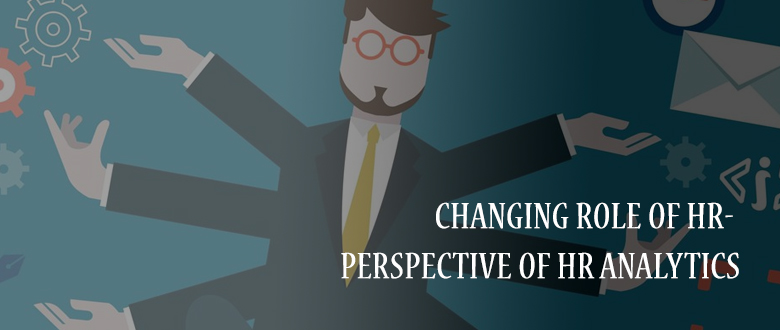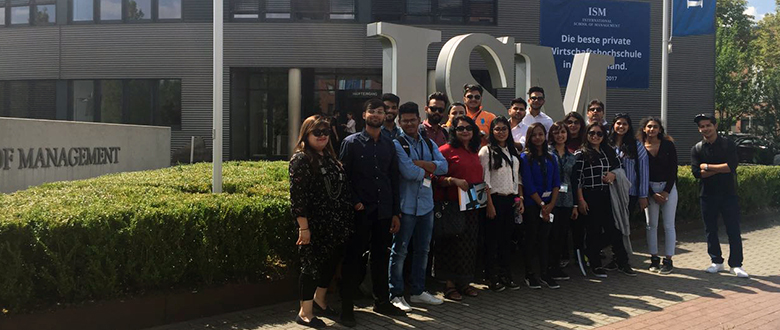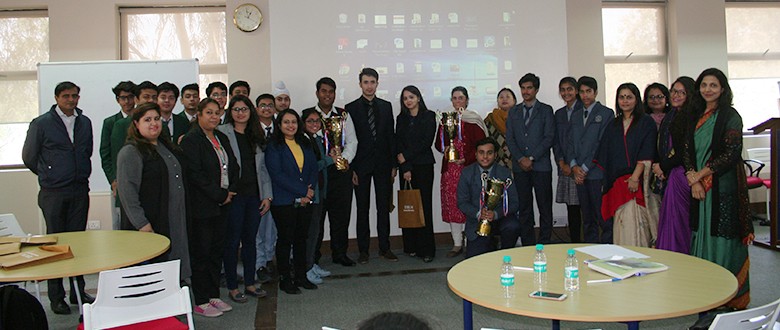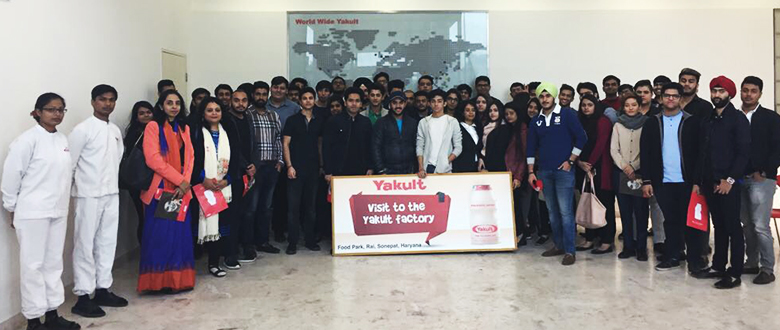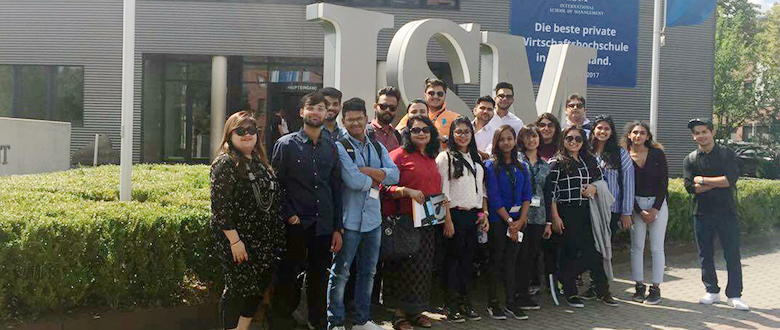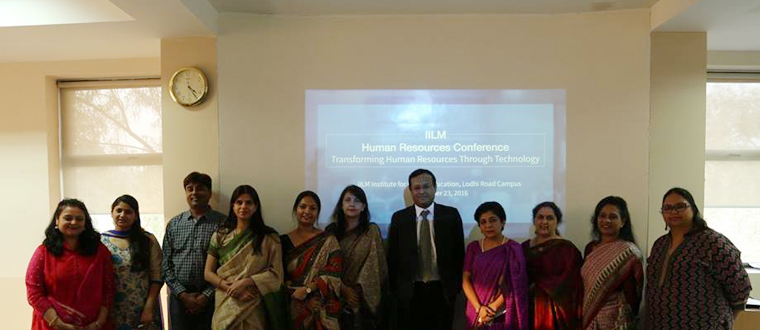HR analytics, is analysis used to make better decisions about all aspects of HR strategy with the goal of improving business performance.The future of HR analytics depends on integration within a company.The current state of HR analytics for predicting for its future suggests that the future of HR analytics depends heavily on data integration with emphases on integrating business disciplines and centralizing data.According to Deloitte’s 2016 Global Human Capital Trends report, 86% of Australian businesses surveyed rate HR analytics as being a highly important factor in their workforce planning.
Companies can easily take advantage of a single platform that supports a full range of HR processes, including talent strategy and planning; sourcing and recruiting; performance management, learning and development; talent review and succession planning and compensation.
Analytics can also give HR professionals a better understanding of how effective their actions are. For example, analysts can look for patterns in HR data that can help companies improve hiring or reduce attrition, or pinpoint areas where labour-related savings can be achieved.
Analytics can also be used to support training, development and other activities that are more closely tailored to individual employee needs – thereby helping HR deliver more customized options for employees. As the Accenture research notes, HR can use analytics to segment employees in much the same way that marketers segment customers. For instance, companies can group employees by a wider range of criteria that include learning styles, values, personality, wellness profiles, mobility, behavioural patterns, and networking and communication styles.” Using that approach, HR can customize programs for smaller and smaller segments, helping to increase employee performance, engagement and retention.
Human Resource Information Systems (HRIS) are the databases, software and computer systems that companies use to maintain their human resources: payroll, time off, employee records, benefits, and more.HR metrics is the data used to quantify the cost and the impact of talent management programs and HR processes and measure the success of HR initiatives.
R is the most used HR analytics tool. R is great for statistical analysis and visualization which is very suited to explore huge data sets. It enables you to analyse and clean data sets with millions of data.
R-Studio is an open source and enterprise-ready professional software package for R. It basically does everything that R does but has a friendlier user interface. The interface contains a code editor, the R console, an easily accessible workspace, and history and room for plots and files.
Microsoft’s Power BI It makes the aggregation, analysis, and visualization of data very simple. With Power BI, it’s a cinch to connect to multiple source systems, like SQL databases with people data, a live twitter feed and/or machine learning APIs. All these different data sources are then combined in Power BI. This simple aggregation process enables you to combine multiple data sources in one large database.
Some of the other HR analytic Software which are hugely popular are – Oracle HR Analytics, Talent Soft Analytics, People Insight, Sum HR to name a few.
In short term there are and will be start-ups in specialist areas, like in team or network analysis, engagement, performance, strategic workforce planning etc and the cloud-based HR management systems (delivering most of the data). These two areas will soon see the consolidation into larger systems and service offerings.
Finally, the costs of these technologies will reduce which will help spread the use and demands for analytics as smaller organizations will be able to afford to deploy this.


